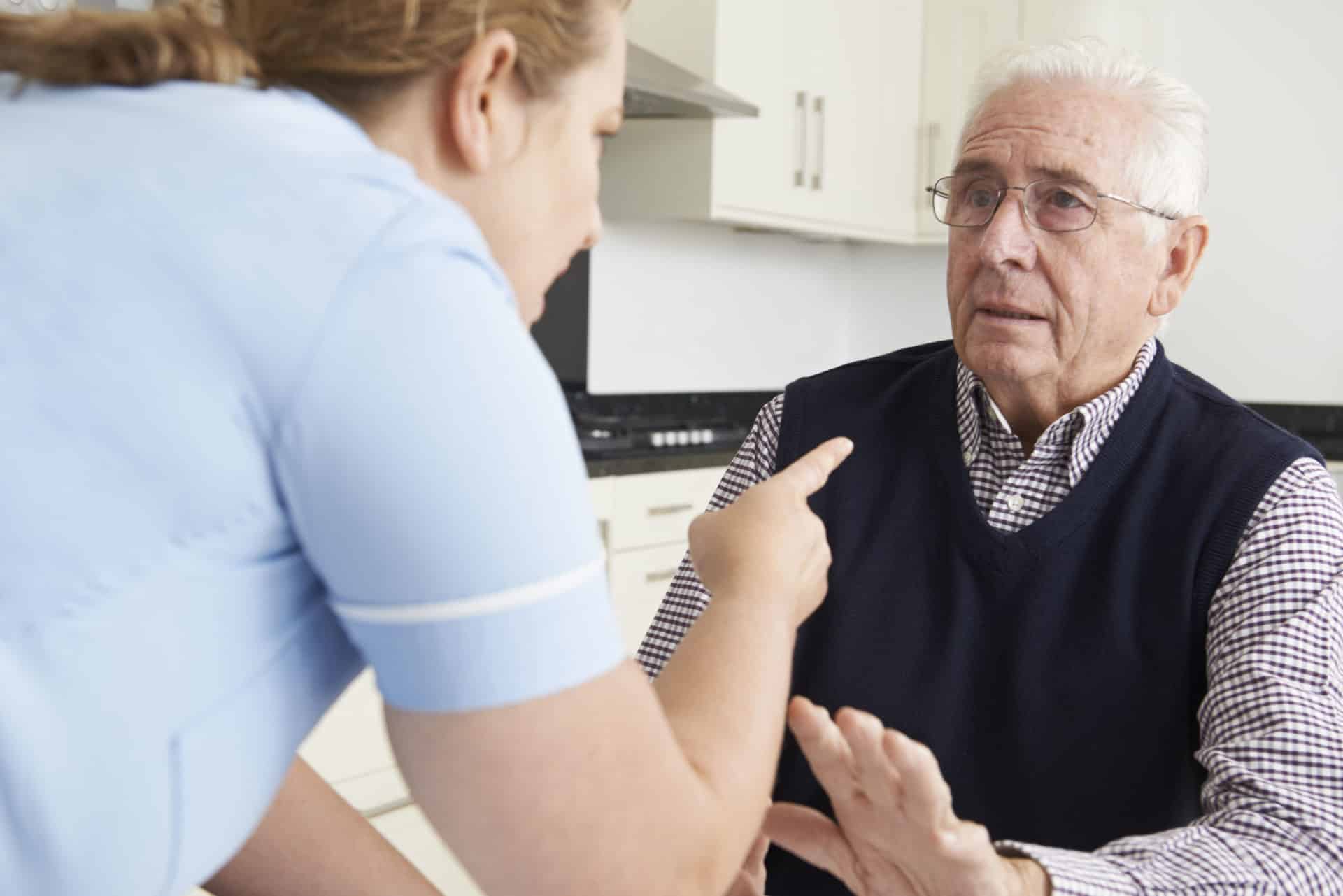Free Consultation
Free Consultation

Trusting the care of a loved one to someone else is difficult at any point in your life. Unfortunately, some people may take advantage of the elderly and perpetrate what is called elderly abuse against them.
Elderly abuse can manifest itself in a variety of ways. Many people associate it with physical abuse or neglect, but it can include financial and emotional abuse as well.
Many people have questions about elder abuse and what can be done under the law in New York if you suspect it’s happening to a loved one. Here are some of the most frequently asked questions about elderly abuse in New York.
Elder abuse is when someone negligently, intentionally, or knowingly causes a serious risk of harm or harm to an older adult who is vulnerable.
In New York, an older adult who is vulnerable is defined as someone over the age of 60 who suffers from an affliction associated with age.
That affliction must include some sort of emotional, physical, or mental dysfunction, and the person must not be able to provide for their own personal care or health.
There are a number of categories of elder abuse that can be perpetrated on an older adult, including financial abuse, emotional abuse, physical abuse, neglect, and sometimes even sexual abuse. Read more about each below.
If someone who cares for an older adult misappropriates their funds or income such as forging a signature for financial gain or stealing their identity, then it is elder abuse. It’s also one of the most common forms, so be on the lookout for swift changes in their finances such as large withdrawals from their bank account.
Any type of threats, harassment, or verbal abuse constitutes emotional abuse of the elderly. Snapping, scolding, belittling, or yelling at an elderly person in their care counts as emotional abuse. Look for warning signs such as retreat from people or activities they once enjoyed, lashing out, sadness, depression, and any other notice behavior changes.
Causing injury or pain to an elderly person is abuse. The warning signs that this may be happening include broken bones, cuts, scratches, bruises, burns, or even broken personal items such as jewelry or glasses.
When someone passively or willfully withholds necessary care such as feeding, hygiene, or a clean environment to live in, then this is neglect. Look for bedsores, lack of personal hygiene, persistent illness, or weight loss as signs that your loved one may be neglected.
Sexual abuse can and does happen to the elderly. Any time an elderly person is touched, fondled or touched in a sexual way that they do not consent to or may not be able to understand or resist, then it is sexual abuse. Look for warning signs such as sexually transmitted diseases, bloody clothing or bedsheets, bleeding or bruising around the genitals, or torn clothing.
In some circumstances in the state of New York, people are required to report elder abuse if they suspect it is happening. Health care workers or members of law enforcement are mandatory reporters. However, anyone can report abuse if they suspect it. If the abuse occurs in a nursing home or other facility, then it can be reported to the New York State Justice Center. Adult Protective Services may then become involved to investigate the claims.